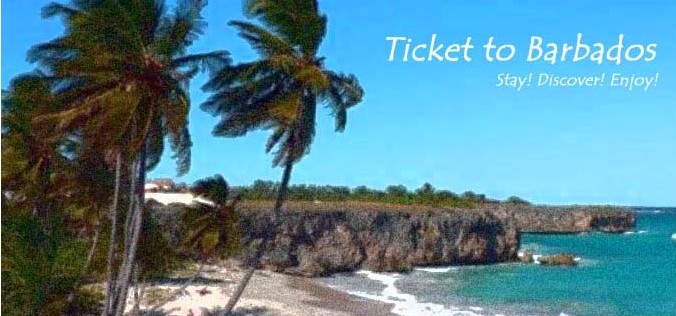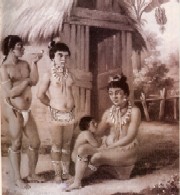
History


The Amerindians
Earlier than 1200 AC, the Amerindians known as the Arawaks settled on the island of Barbados and were later conquered by the Caribs who were known to be war-like and also cannibals. In 1492 the Spanish came and took over the island imposing slavery on the Carib Indians. Slavery, the contagious European small pox and tuberculosis unfortunately ended the Caribs' existence. The Spanish later left the island for larger land masses in South America.
Settlement of the Europeans
Later in 1537 the Portugese sailors stopped on the island en route to Brazil. It was then that the island was named “Los Barbados” after the visible roots of the island's ficus trees, which resemble beards. The English Captain John Powell arrived and claimed the island for King James I in 1625 and the island was settled on in 1627. The monument in Holetown commemorates that day. Between 1644- 1700 Barbados dominated the sugar industry in the Caribbean. The introduction of West African slaves to the sugar plantations also had an indelible influence on the culture of Barbados.
Abolition of slavery and Independence
In 1817-1838 slave uprising led by slave Bussa and free mulatoo-Washington Franklin which later led to emancipation on August 1, 1838. From 1961-1966 the island remained a British colony until internal autonomy was granted in 1961. The island gained full independence from Britain in 1966 and maintains ties to the Britain monarch represented by the Governor General. The first leader of Barbados as a free nation was the Rt. Hon. Errol Walton Barrow, of the Democratic Labour Party. The island is now led by the current Prime Minister- The Rt. Hon. David Thompson.
TopNext